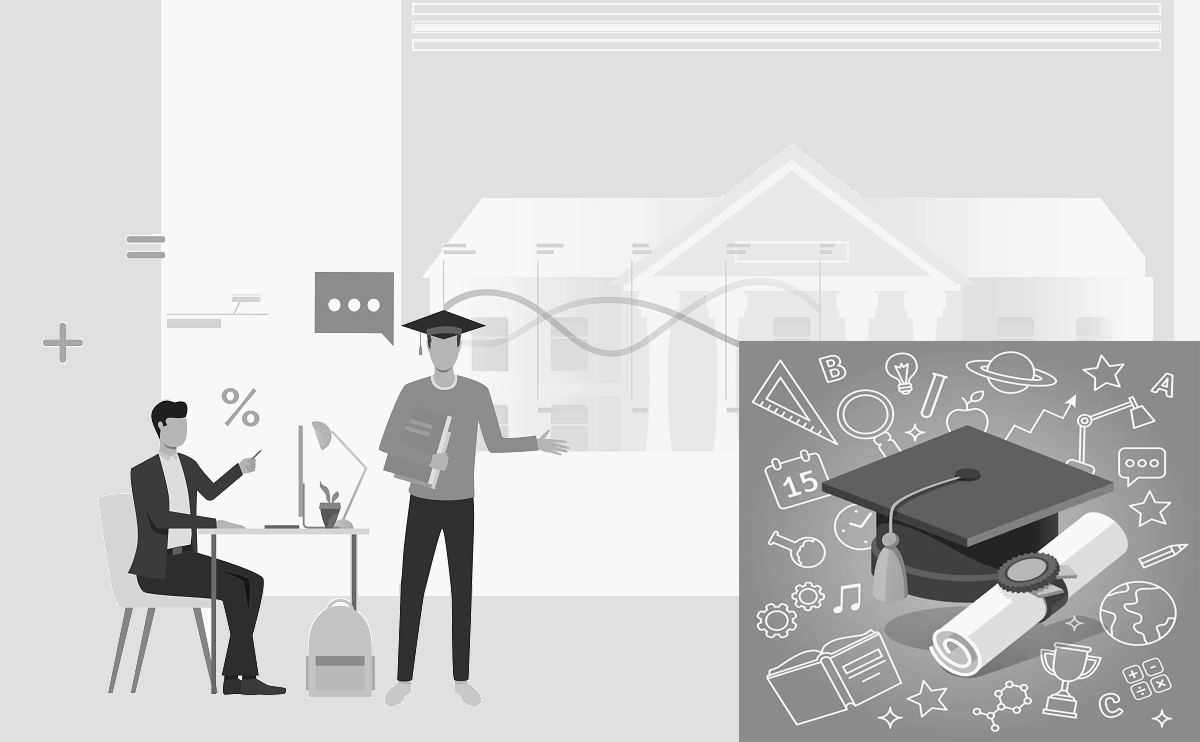
7 Essential Life Skills You'll Master in University
University education is often seen as a pathway to acquiring knowledge in a specific field of study. However, the benefits of attending university go far beyond academics. In addition to subject expertise, universities also play a crucial role in developing essential life skills that are invaluable for personal growth and success in the real world. These skills, often referred to as transferable or success skills, equip students with the tools they need to navigate challenges, communicate effectively, and thrive in various aspects of life.
In this article, we will explore seven essential life skills that you can develop during your university journey. From personal and professional development to real-world challenges, university education offers a fertile ground for acquiring these skills. We will delve into the importance of these skills, how universities promote their acquisition, specific examples of skills commonly gained during the college years, and the impact they can have on career success and personal fulfillment.
1. Time Management: Mastering the Art of Prioritization
Effective time management is a skill that can make or break one's university experience. Balancing coursework, part-time employment, extracurricular activities, and personal commitments requires careful planning and organization. University life presents numerous demands, and the ability to manage time efficiently is crucial for meeting deadlines, maintaining a healthy work-life balance, and achieving academic success.
Case Study: Emma, a recent graduate, developed excellent time management skills during her university years. These skills allowed her to balance coursework, part-time employment, and extracurricular activities effectively. As a result, she excelled academically, gained work experience, and actively contributed to student organizations. These time management skills became invaluable when Emma entered the workforce, where she successfully juggled multiple responsibilities and advanced quickly in her career.
2. Critical Thinking: Cultivating Analytical and Problem-Solving Skills
University education encourages students to think critically and analytically. Through research papers, case studies, and group discussions, students are exposed to complex problems that require careful analysis and creative problem-solving. Developing critical thinking skills allows individuals to evaluate information objectively, make informed decisions, and approach challenges with a logical and analytical mindset.
Example: Sarah, a biology major, participated in a collaborative research project during her undergraduate studies. Through this experience, she developed strong teamwork and communication skills. These skills not only helped her excel in her research but also prepared her for collaborative work environments in her future career as a scientist. Sarah's ability to effectively collaborate and communicate with colleagues contributed to her professional success and recognition in her field.
3. Effective Communication: Expressing Ideas with Clarity and Confidence
Communication skills are essential in both personal and professional settings. In university, students have numerous opportunities to refine their communication abilities through presentations, group projects, and written assignments. Effective communication involves articulating ideas clearly, listening actively, and adapting communication styles to different audiences and contexts. These skills are invaluable in building relationships, resolving conflicts, and conveying thoughts persuasively.
4. Teamwork and Collaboration: Harnessing the Power of Collective Effort
Collaborative work is a fundamental aspect of university education. Working in teams allows students to learn from diverse perspectives, develop interpersonal skills, and navigate group dynamics. Through group projects, students acquire the ability to collaborate, delegate tasks, and contribute effectively to achieve shared goals. These skills are highly transferable to the professional world, where teamwork and collaboration are often key to success.
5. Adaptability: Thriving in a Changing Environment
University life is filled with new experiences, diverse cultures, and evolving academic landscapes. Adapting to these changes is a valuable skill that students develop during their college years. Whether it's adjusting to a new living environment, embracing different teaching styles, or navigating unexpected challenges, the ability to adapt fosters resilience, open-mindedness, and a willingness to embrace change.
6. Leadership: Inspiring and Influencing Others
University offers numerous opportunities for students to take on leadership roles. Whether it's leading a student organization, organizing events, or serving as a mentor, these experiences provide a platform for developing leadership skills. Effective leaders inspire and influence others, delegate tasks, and foster teamwork. Leadership skills acquired in university not only contribute to personal growth but also enhance employability and pave the way for future success.
7. Emotional Intelligence: Nurturing Self-awareness and Empathy
Emotional intelligence refers to the ability to recognize and manage one's emotions and understand the emotions of others. University life exposes students to diverse experiences, perspectives, and challenges, fostering self-awareness and empathy. Developing emotional intelligence allows individuals to navigate social interactions, resolve conflicts, and build meaningful relationships. These skills are vital in personal and professional contexts, promoting empathy, understanding, and effective collaboration.
Conclusion:
University education offers much more than academic knowledge. It provides a platform for personal and professional growth, enabling students to acquire essential life skills that are valuable in all aspects of life. From time management and critical thinking to effective communication and emotional intelligence, the skills gained during the college years contribute to career success, personal fulfillment, and lifelong learning.
As John Doe, an Education Specialist, aptly said, "University education goes beyond academics; it equips students with the essential life skills necessary for personal growth and success in the real world." The skills developed during the university journey become the foundation for a fulfilling and successful life, empowering individuals to thrive in an ever-changing world. So, as you embark on your university experience, embrace the opportunities to develop these life skills and unlock your full potential.
College Education




